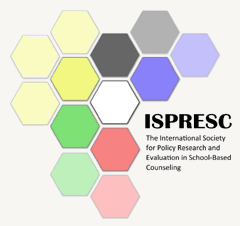DOI
10.25774/0rpq-0v54
First Page
4
Last Page
21
Abstract
This article describes a factor analytic study designed to identify the underlying dimensions of school-based counseling practice that will be useful in describing cross-national differences in school-based counseling practice and in enabling comparative research on school-based counseling policy and effectiveness. Practicing school-based counselors (N = 2913) from 10 countries (China, Costa Rica, India, Kenya, South Korea, Malta, Nigeria, Turkey, the United States, and Venezuela) used the International Survey of School-Based Counseling Activities (ISSCA) to rate the centrality of 40 activities to the role of a school-based counselor. Factor analysis determined that five dimensions adequately described the school-based counselor role: Counseling Services; Advocacy and Systemic Improvement; Prevention Programs; Administrator Role; and Educational and Career Planning. Analysis of Bartlett Factor Score averages revealed that each country demonstrates a unique profile which reflects that country’s dominant mode of practice. This lead article describes these dimensions and the cross-national differences on these dimensions. Subsequent articles in this special issue describe country-specific results and explain factors that affect practice within each country.
Recommended Citation
Carey, J. C., Fan, K. Y., He, L., & Jin, Y. (2020). Five Dimensions of School-Based Counseling Practice: Factor Analysis Identification Using the International Survey of School Counselors’ Activities. Journal of School-Based Counseling Policy and Evaluation, 2(1), 4-21. https://doi.org/10.25774/0rpq-0v54
Included in
Counseling Commons, International and Comparative Education Commons, Student Counseling and Personnel Services Commons


